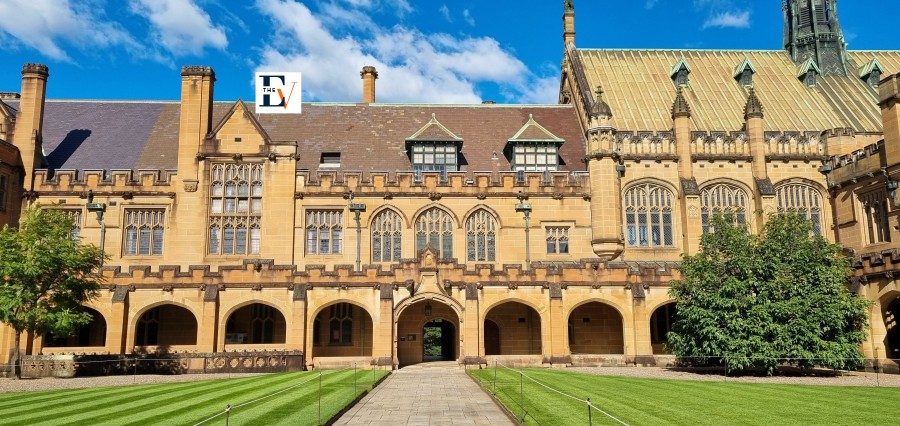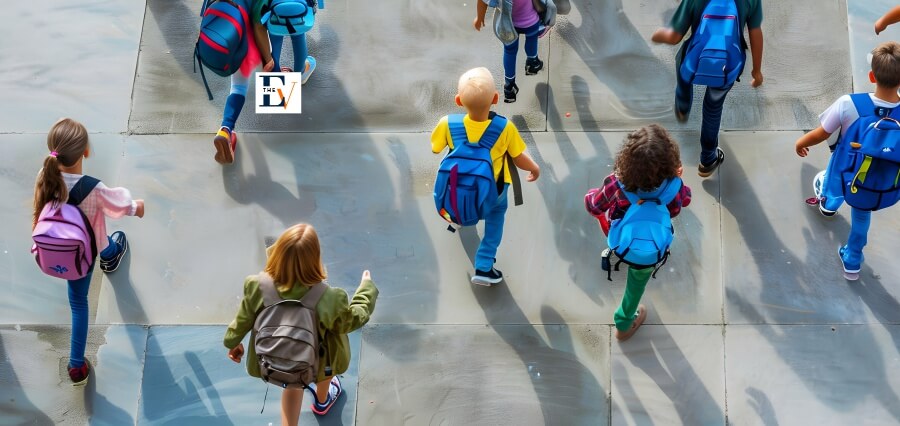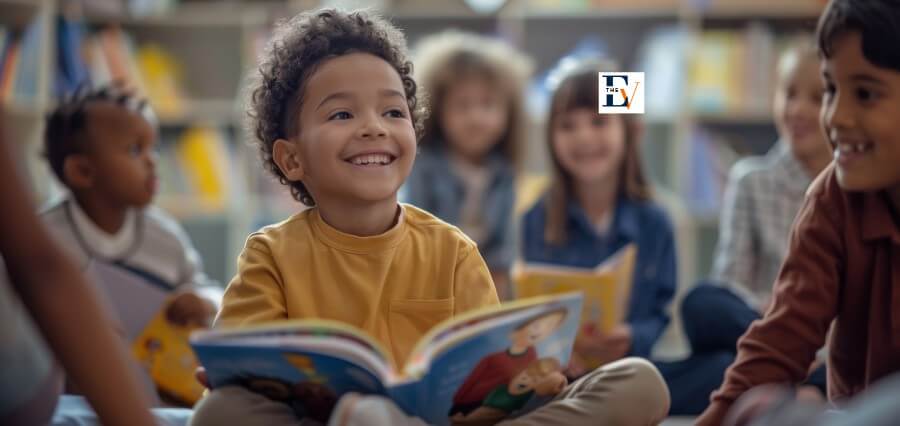Holistic Learning Reimagined
Education is in a state of transformation. With the fast advancements in generation and growing attention to learner-focused techniques, the instructional panorama is evolving to fulfill the wishes of numerous newcomers. Traditional pedagogies, often rooted in linked practices and philosophies, emphasize rote memorization and standardized testing.
However, the contemporary educational paradigm seeks to promote creativity, crucial wondering, and emotional intelligence. In this context, leaders blending conventional awareness with modern pedagogies are rising as pivotal figures in redefining holistic studying.
Holistic knowledge of reimagined includes integrating diverse methodologies that cater to the emotional, social, and cognitive development of students. This technique acknowledges that studying isn’t just constrained to educational success. However, it extends to non-public increases and network engagement.
By mixing traditional understanding—drawn from cultural background, ethics, and age-antique educational practices—with modern pedagogical techniques, leaders are crafting a more inclusive and powerful educational revel.
This fusion encourages students to turn out to be comprehensive individuals organized to face the complexities of an instantly converting global and emphasizes the importance of a community carrier with holistic learning reimagined.
The Role of Traditional Wisdom in Modern Education
Traditional awareness encompasses the values, ideals, and academic strategies passed down through generations. It emphasizes the importance of community, relationships, and experiential learning.
For example, Indigenous training often contains storytelling, communal practices, and hands-on reviews that develop profound connections to the environment and culture. Leaders mixing traditional awareness with modern pedagogies understand the fee of these time-tested approaches, using them as a basis to build.
By infusing contemporary academic techniques consisting of venture-based getting-to-know and collaborative strategies with traditional awareness, educators can create a wealthy studying environment that respects cultural heritage even as getting ready students for present-day challenges.
This blending facilitates an appreciation for diversity, encouraging students to research each other’s backgrounds and stories.
Modern Pedagogies: Innovative Approaches to Learning
Modern pedagogies prioritize lively gaining knowledge, critical wondering, and flexibility. Techniques like flipped school rooms, gamification, and technology-improved guidance sell pupil engagement and collaboration.
Leaders mixing traditional know-how with modern-day pedagogies enforce these strategies while ensuring that cultural relevance and moral considerations are at the vanguard.
For example, incorporating network providers into holistic mastering reimagined now not only lets students use their mastering in actual international contexts but also instills a sense of duty and empathy.
By connecting academic content with network needs, college students gain treasured insights into the challenges confronted by their surroundings, reinforcing the significance of their education as a device for high-quality trade.
The Impact of Community Service
Community service is a critical detail in the concept of holistic learning reimagined. It serves as a bridge between study room getting to know and societal engagement, allowing college students to attach principle with practice.
Leaders mixing traditional awareness with cutting-edge pedagogies frequently prioritize network carrier as a middle issue of the curriculum. This method now not only enhances students’ academic abilities but also develops their social recognition and civic responsibility.
Engaging in community service fosters teamwork, management talents, and a deeper know-how of social issues. Students learn how to appreciate diverse perspectives, improving their emotional intelligence and cultural competence.
As they collaborate with network participants, they gain firsthand enjoyment of the impact of their moves, reinforcing the concept that schooling extends beyond the schoolroom.
End Note
Leaders blending traditional understanding with present-day pedagogies are at the vanguard of making a transformative instructional revel in that emphasizes holistic mastery. By integrating the values of community carrier with holistic knowledge of reimagined, they may not only enrich college students’ educational trips but also cultivate responsible, empathetic global citizens.
Looking ahead, the destiny of schooling lies within the persevering fusion of these two paradigms, growing dynamic and inclusive getting-to-know surroundings. As leaders embody this combination, the capacity for innovation in training will increase, ensuring that students are properly ready to navigate the complexities of an interconnected world.






